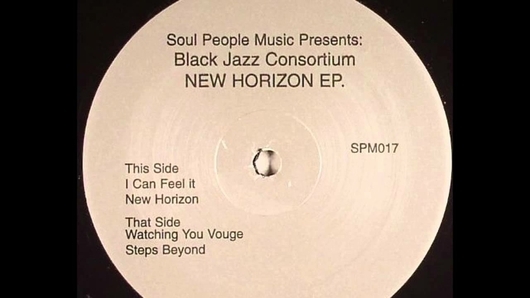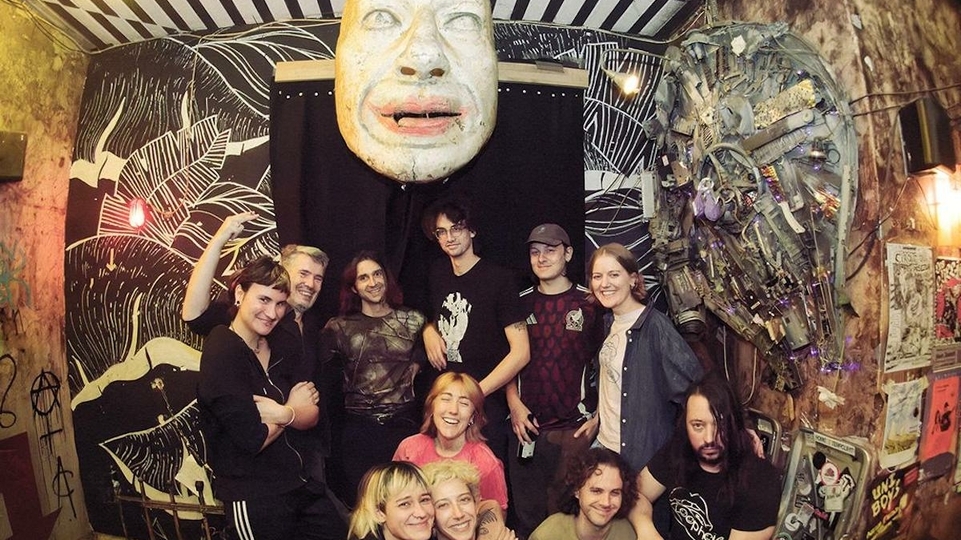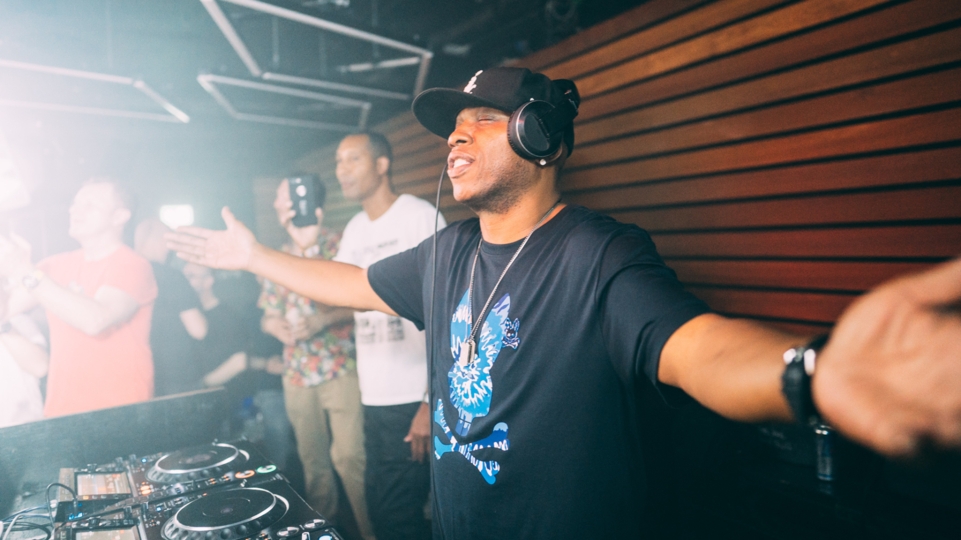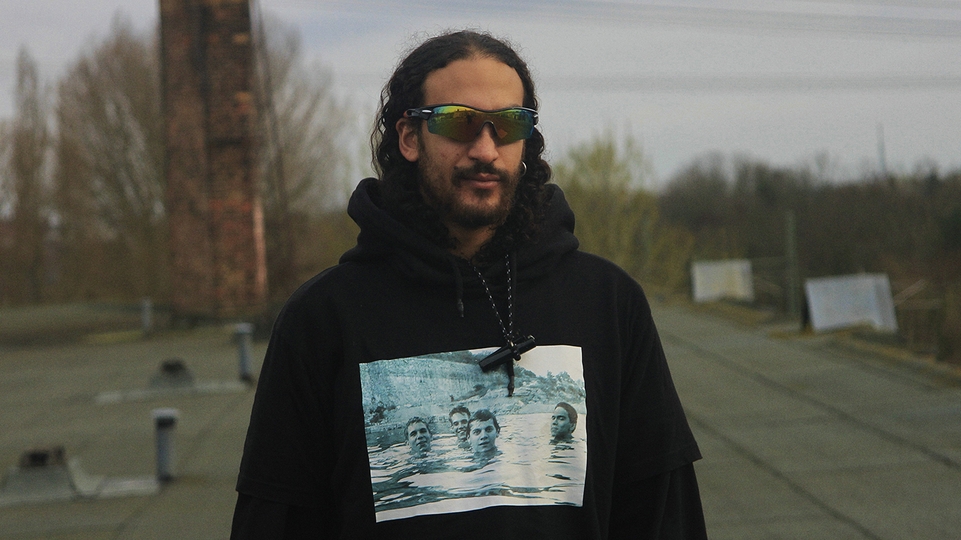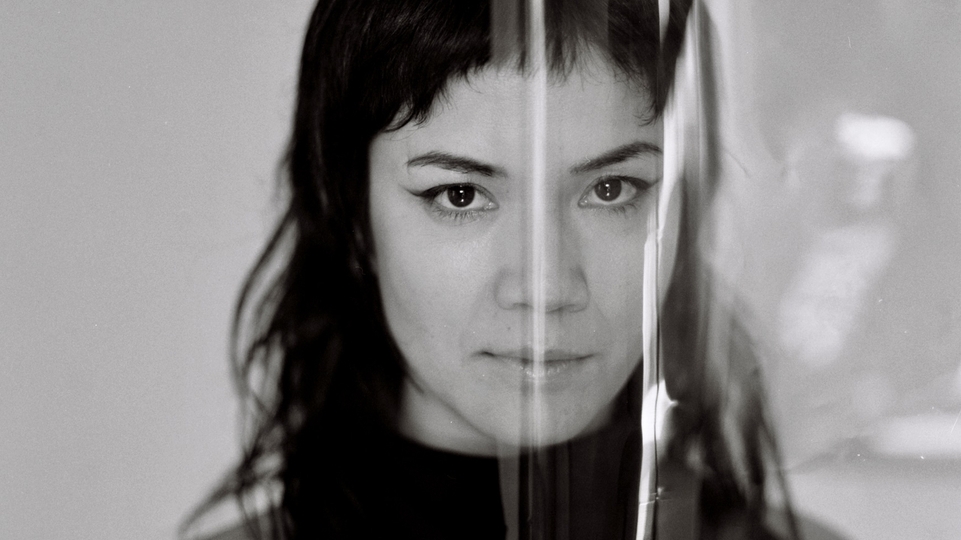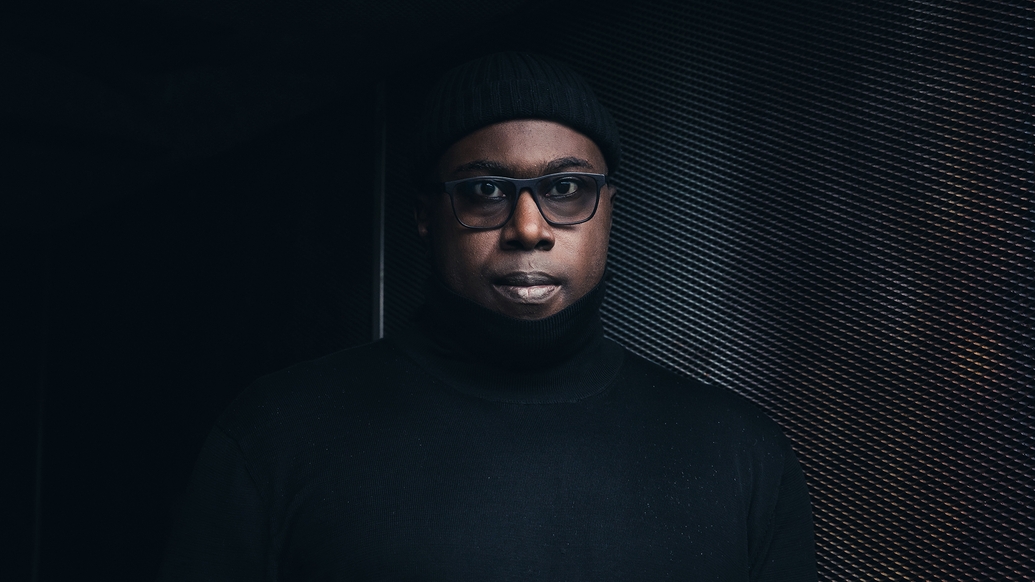
Fred P: keep on moving
A decade and a half into a career making emotionally involved house music, Fred P’s sense of purpose is stronger than it’s ever been. The New York–born, Berlin-based artist fills us in on where he’s been, where he’s at and where he’s heading
Along with most of the world’s population, Fred Peterkin, the DJ and producer best known as Fred P, was having a tough time during the darkest days of the pandemic. The New York–born artist, who relocated to Berlin in 2012, found himself holed up in his flat, with little in the way of personal connection — not with people, not even with music. “Man, I spent a year in my flat here in Berlin, by myself,” he recalls of those dismal days. “For that entire year, I saw four people, and it got really dark. You need to have human interaction, or it gets weird.”
As soon as the borders opened and travel once again became possible, Peterkin retreated to a cabin in upstate New York. “I found myself out in the woods, and found a form of peace of mind in the silence,” he says. “It gave me a chance to come back to myself on a real level, because I was out there. Then I started to hear the music again, and it had a profound effect on me. It was an opportunity to recreate a relationship first with myself, and then with how I write music, and put it all together and maybe redefine the relationship.”
Listening to Peterkin’s music, whether released under the Fred P banner or via his numerous other monikers — most notably, Black Jazz Consortium — it's clear his relationship with music runs deep. His tracks, released on more than a dozen albums and scores of EPs, can range from lighter-than-air ambience to crystal-etched tech-tinged material, to the deep-as-it-comes house that he’s most associated with. They tend to be massively emotive and beautifully produced, signalling the kind of man-machine connection (he’s an avowed Ableton devotee) that’s out of reach of many producers. The latest fruits of that connection, one that obliquely references those dark days of isolation, come in the form of the new ‘Out All Night’ EP, released on the Bristol, UK label Shall Not Fade.
The EP, in part, was inspired by days on the road and nights in the club — or more precisely, the absence thereof. Two of the cuts, the title track and ‘Keep Flying’, are the sound of longing for those days during lockdown. “I realised after, like, a two-year pause and then getting back into it, that it's not normal — overnight transatlantic flights, you might have maybe a little bit of downtime, and then you're up at hours when most people are asleep, and you're working,” Peterkin says. “But you miss it when it’s gone. Those tracks were made when I wasn't on the road. and I was missing being in an airport, and missing being in nightclubs.”
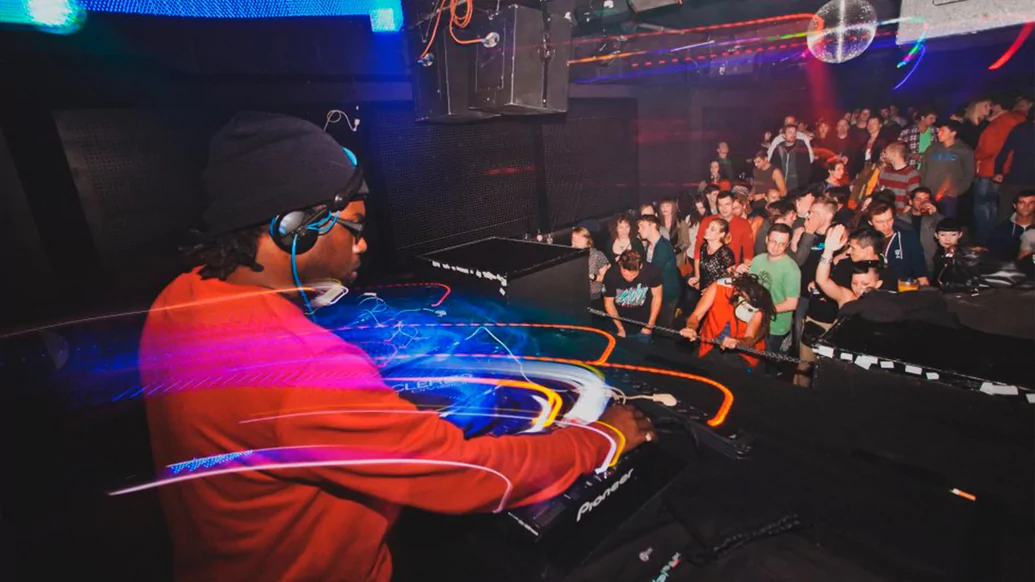
“When I started stepping into clubbing, it was like, wait a minute — this is a vibe, this is an energy that I like, it makes me feel better, it makes me feel that that there are possibilities”
The EP’s third cut, ‘Deeper Meaning’, is a relatively jacking affair, with what sounds like a haunted Hammond serving as the centrepiece (organ tones pop up often in Peterkin’s output.) “I figured the label might need something a little bit more pumping — I don't want to put anybody to sleep, you know?” he says with a laugh. There’s little chance of that that — even at its most subtle and muted, Peterkin’s version of house feels full of inner life, as if he’s pulling something from within, then transcribing it into a map of ones and zeros; the results are full of feeling, sometimes wistful but always full of heart. At the same time, even his most pumping tunes have a sense of subtlety and restraint.
Peterkin’s club sets, on the other hand, are considerably more full-on affairs, better suited to letting loose that quiet introspection. A good example, which you can hear on the Fred P SoundCloud page, is his 2017 set from Berlin’s Tresor. On it, he cycles through the full range of deep instrumental house, as you’d expect — but the mix also swirls off in all sorts of unpredictable eddies, finding room for tracks like Hakeem Syrbram’s Masters At Work–esque ‘Not Afraid’, Kerri Chandler’s percussion-fuelled Latin-house stormer ‘Yo Yo Ma’, Cevin Fisher’s tribal thumper ‘Women Beat Their Men’, an exceedingly eerie version of Dinosaur L’s leftfield disco classic ‘Go Bang’ and Mijan’s joyous gospel-house tune ‘Alright’. It feels like a trans-Atlantic soundclash in all best ways, which is just how Peterkin likes it. “It’s a combination of New York, Berlin and other parts of the world,” he says. “I see similarities, and it just comes out in the music.”
The Berlin club is one of Peterkin’s most cherished venues to play. “Tresor will bring it out of you, I guarantee you,” he says. He also namechecks Panorama Bar (“My absolute favourite”) and Tokyo’s defunct Eleven. “But to be honest with you, every club is great. It's the people who bring the party, who really create the opportunity to for things to happen. If people are ready to party, then I think you don't really need much more than that.”
Growing up, Peterkin bounced around New York, moving between Brooklyn, Long Island and Queens. By the time he was in junior high, he was spending whatever money he could scrounge up on rap records; by the end of the ’80s, using the wages from working at the Gap on Eighth Street and Broadway in downtown Manhattan, he’d moved on to house. Two iconic shops, Dance Tracks (run at the time by Joe Claussell) and Vinylmania, were within easy walking distance. You can hear echoes of the New York deep house of the time, the kind that was coming out on labels like Nervous and Strictly Rhythm. “When I first got hip to Strictly Rhythm, I would go over to Vinylmania and would basically spend my whole paycheck, just buying most of the Strictly catalog,” he recalls. “There was no idea to make music or anything like that yet, but to this day, that music is still with me. It's transformed in a bunch of ways, but I think the essence of it is still in there.”
As the ’80s morphed into the ’90s, before Rudy Giuliani launched his war on nightlife, New York’s clubbing scene was at a peak. Peterkin mentions Sound Factory, the Tunnel and, somewhat surprisingly, the alt-drag progenitor Pyramid Club, as particular favorites. “That place was crazy,” he says, laughing. “I was so innocent back then. I was just dancing. When I started going to those clubs I had zero idea that this world existed. When I started stepping into clubbing, it was like, wait a minute — this is a vibe, this is an energy that I like, it makes me feel better, it makes me feel that there are possibilities. And to me, possibilities are some of the best things you can have, because then there's room for growth. It feeds your imagination, and leads you to things that you might not have ever thought about.”
Peterkin’s excursions into production work began in 1991. He met Greg Spooner, an R&B and hip-hop producer, who became a mentor and taught him the basics. “And because of him, I started recording at Platinum Island Studios,” he says, referring to the iconic Manhattan studio where everyone from the Ramones to Michael Jackson recorded. “They would give me whatever available studio they had after-hours, so I would be in there from two or three o'clock in the morning until eight o'clock in the morning, when they start their regular business. That’s where I actually learned how to do what I'm doing now.”
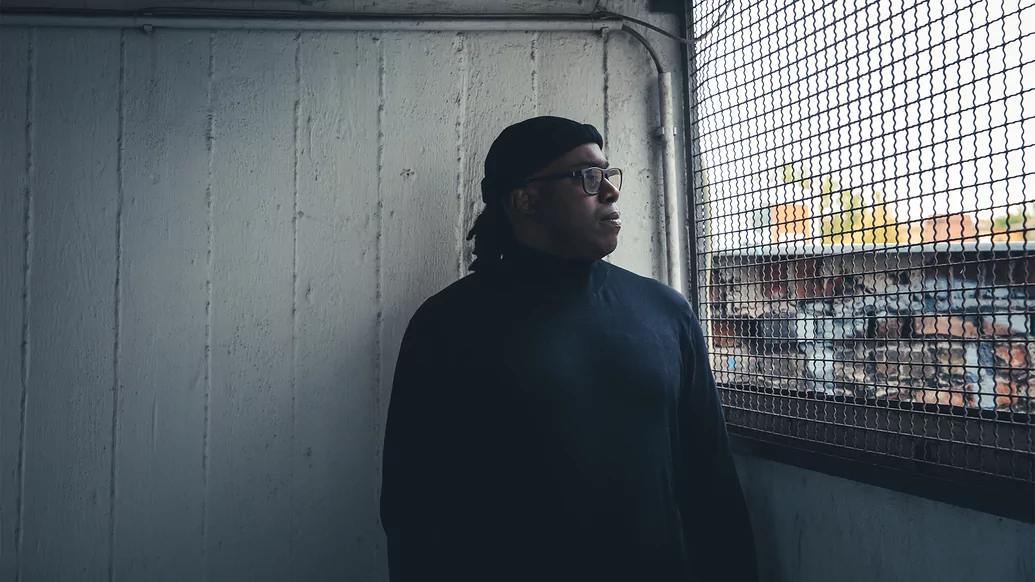
Still, after his time at Platinum Island Studios, Peterkin stepped away from music — and that led to some dark days. He began drinking to excess. “I went on into a spiral,” ‘he admits. “When you're working with frequencies, especially frequencies that are sympathetic to your brain, it causes you to have emotions that are positive for you, that puts you in a really good state. And you take that away, if you don't fill it with something equal to it or more so, yeah, there's going to be some effects. And I didn't realise that. I thought that okay, well, I'll find something else to do. But I did not find anything else to do.”
Peterkin credits the NYC-based spinner Jay Locke for bringing the music back into his life. “Jay had gone to Europe, got a bunch of music, and he was sharing it with me,” he says. “That's where I learned about things like 4 Hero, all these types of beautiful Detroit techno — just beautiful, beautiful music. It opened my mind to the possibilities, and made me very emotional — I would go home on a train in tears, with people looking at me like, wow, that guy’s messed up! But what they were not realising was that I was connecting with the most beautiful sounds. That’s when I realised, well, it doesn't matter what happens with music, but I know I need to make it, and I’m gonna figure that out.”
A pair of like-minded producers, Jenifa Mayanja and her former partner Edward McKeithen (aka Jus-Ed), helped out. Around 2007, McKeithen, head of the Underground Quality label, asked Peterkin to contribute a remix of a track by Mayanja, who Peterson already knew from her much-missed Hamsa parties. “That was the first thing,” Peterkin says, “and then Ed and I start rapping, and Ed’s like, ‘Well, you know, you could make a label yourself. This is how you do it.’ Jus-Ed definitely turn the lights on for me.”
That light has been shining for Peterkin ever since, especially since the release of the 2009 release of Black Jazz Consortium’s ‘New Horizon’ EP, a record that saw him nail down his own template of house. “When that record came out, my life changed totally, both personally and professionally,” he says. “Personally, because that was the year I sobered up; professionally, because when it came out, it landed on a bunch of different Best Of lists. I haven't stopped touring since.”
Except during the pandemic, that is. But lockdown did more than give Peterkin the chance to reconnect with music — it led him to rethink his relationship to the industry, and the ways in which he interacts with it. To that end, he’s building out a studio in that cabin in the woods, in part as an effort to take greater control.
“That's the idea, though I don't know if I'm on the other side of crazy or what,” he says, laughing. “With each medium, there's a process — you get to the mixing phase, and then there's the mastering phase. Throughout my career, I've outsourced the mastering phase, but in the last few years, I've been finding that I need to do it mostly myself, because there are these bottleneck issues. That got me to thinking and, and on a few different levels. One is that I've been at this for a really long time, and I really should have been mastering at least eight years ago. But that being said, I came to a point where it just will be more practical for me to do it myself, because then I can have a little bit more control over the end product.”
Another way of taking control was the launch of Private Society, a subscription service that serves to bypass the dominant means of music distribution, and which sees Peterkin releasing not only finished tracks, but also demos, edits and “things that I made in hotel rooms that to play at a gig that night.” Initially the idea was born out of pandemic-era necessity.
“Everything stopped, there was no touring, and I needed to pay my rent.” he says. “What was the most inspiring and heartwarming thing is that when Private Society started, the support poured in. The people that listen to my music, they don't just like it on social media — they actually open a subscription, they buy music and all of that good stuff. It was like, 'OK, I can buy some groceries!' They kept me afloat, and it opened up a whole new way of looking at having a relationship with the people that listen to what I do.” He’s recently partnered with the Italian label Mother Tongue to have some Private Society material released on vinyl.
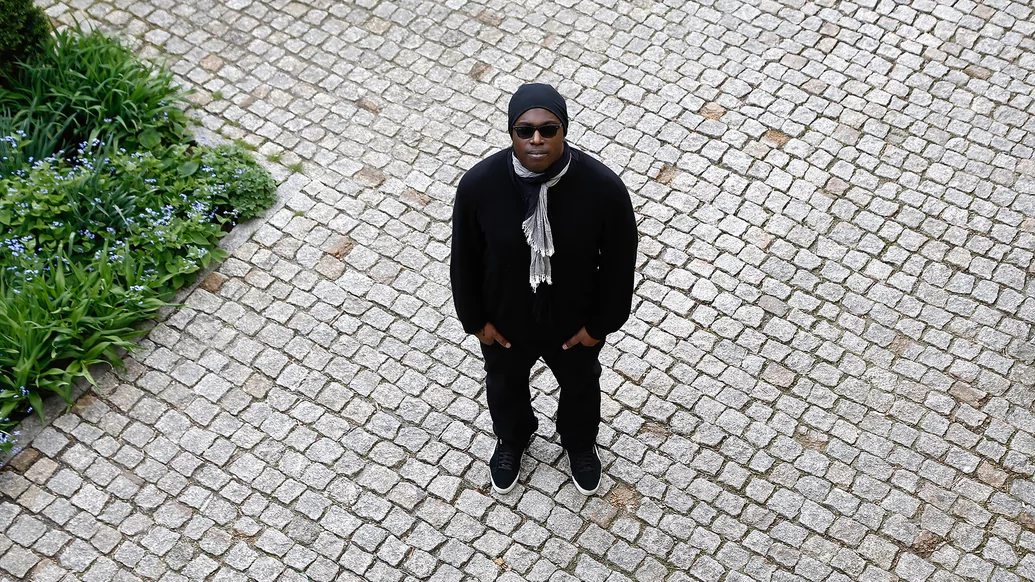
“When it comes to music, especially dance music — it really doesn't matter what type of dance music, whatever suits your fantasy— the pacing of it makes you feel better, and it inspires you to some form of action, whatever that action might be”
Post-lockdown, Peterkin has been busier than he’s ever been — besides the constant gigging and his Perpetual Sound show on NTS Radio, he’s been hard at work on new music. “Well, for two years, I had nothing to do but write anyway,” he says. “But with the pandemic, and realising that, yeah, man, this could all be gone any time, I asked myself: is there anything else you haven't done that you want to get to? So it’s just a matter of putting things in order, being organised, and keep moving in those directions, no matter what.”
Among those directions are plans for a live Black Jazz Consortium album. “I’m putting together a trio,” Peterkin says. “This guy out of based out of France, Slikk Tim — he's a multi-instrumentalist, but he's been my bass player for three years now — and a trumpet player, who I still have yet to meet, and me on electronics and keys. I'm looking at the idea of some revolving vocalists, things of that nature. But that's what the next Black Jazz Consortium album looks like, an integration of live and electronics meshing together in a really organic way.”
In the shorter term, there are more EPs on the way, including the celestial ‘Forward Motion Equals Progression’ on the Syncrophone label, a single-disc album series called Intelligent Architecture and, soon, a Private Society record aptly titled ‘States of Bliss.’ It’s that state that Peterkin hopes his music will convey. “When it comes to music, especially dance music — it really doesn't matter what type of dance music, whatever suits your fantasy— the pacing of it makes you feel better, and it inspires you to some form of action, whatever that action might be” he says. “It could be dancing, it could be working out, it could be doing your laundry, but it inspires you to some form of movement. With that movement, then your mind starts to open up. Maybe you were having a blue day, and now it's a sunny day, you know what I mean? With the music I play and especially with the music that I make, even if it might seem melancholic, it's for the specific purpose of releasing that melancholy, and looking towards the possibility of the opposite.”

